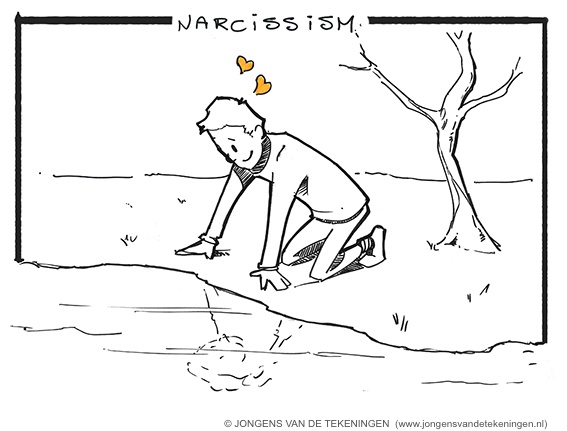

In typical, colloquial use of the word visionary (hence: not my use), visionaries are usually iconic heroes, heralded for their incredible ability to redirect people or organizations onto a new, more promising future path. Names such as Jack Welch, JFK, Richard Branson and Larry Elisson come to mind. Of course there’s also Steve Jobs, who seemingly single-handedly saved Apple from the verge of bankruptcy and steered it into the direction of enormous success. His vision, driven by his early recognition of society’s need for services and devices that are easy to operate, sleekly designed, and fully Internet integrated, made Apple the most valuable company on the planet in little over a decade.
But frequently, when we study these leaders closer, we bump into trouble. Steve Jobs was dogmatic, neurotic, fanatical (also when it was unproductive) and in many ways not open-minded at all. He was considered a poor listener and terribly egoistic. In other words, he fits the classic archetype of a narcissist, a label we – interestingly - tend to perceive as negative instead of positive.
So how do ‘visionaries’ and ‘narcissists’ relate? Are they synonyms? Or is being a narcissist a prerequisite for being a visionary? Important questions because we dismiss the leader we label a narcissist, but seek out and admire the leader we label a visionary. But do we understand the difference?
A framework to distinguish true visionaries
The development framework introduced under Visionary Development allows us to make clear distinctions between the two types. True visionary possesses two crucial abilities that set him apart from the pack. These abilities might seem straightforward at first glance, but upon further inspection they turn out to hold the key to understanding the difference between narcissists and visionaries.
The first essential visionary skill is the ability to see things early. This means the ability not only to detect the hints on the horizon that foreshadow a changing reality, but also to engage with these potential game changers in a constructive way. Steve Jobs scored a 10 out of 10 on this. He skillfully recognized the significance of connected, easy-to-operate services and devices before anyone else in a similar position and with equal means to launch cell phones, tablet computers, and on-line music services.
The second ability of the true visionary, one that I call ‘connecting the dots’. This ability is all about finding an integrated story, the ‘big picture’ if you will. It’s about building a coherent image that connects those early insights of - possibly radical - changes to the less radical developments and trends of today. You might argue with the benefit of hindsight that Steve Jobs scored a 10 out of 10 on this dimension as well, but let’s dig a bit deeper, because this is where the differences between true visionaries and narcissists start to surface.
Embedded in the narcissist’s personality structure is the tendency to be very self-assured about his version of tomorrow. One of the differences between the narcissist and the true, responsible visionary is that the narcissist creates one story and loses sight of alternative interpretations. This provides a perfect breeding ground for tunnel vision. The issue here is that, as Maccoby phrased it, “his successes feed his sense of grandiosity”. The narcissist’s achievements become his Achilles’ heel, as the next ideas he will develop will likely be even more bombastic. These patterns of overconfidence and megalomania in leaders can be observed in the big corporate failures of the last decade, such as Enron, Royal Bank of Scotland, Ahold and Lehman Brothers.
A true visionary is open-minded, curious, and undogmatic. A true visionary is willing to entertain alternative perspectives, to playfully create and recreate. A true visionary can face the fact that he’ll be wrong every so often. From this, it follows that the true visionary is able and prepared to display a certain sense of vulnerability, which the narcissist clearly is not.
To conclude
Being a visionary is clearly different from being a narcissist. We would benefit from making a sharper distinction in our colloquial use of the term ‘visionary’. What we often call visionaries are in reality narcissists who run a huge risk of either developing tunnel vision or damaging their company as well as those who depend on it by pursuing outrageous visions. The famous mathematician René Descartes once said that “doubt is the origin of wisdom”, and so it goes for visionaries as well. True visionaries are conscious of our human limitations and steer clear from dogmatism by keeping an open mind as the future unfolds. Changing direction is not a sign of visionary weakness; it’s a sign of visionary strength.
For the full article on this topic, click here.